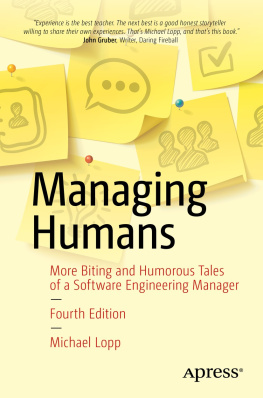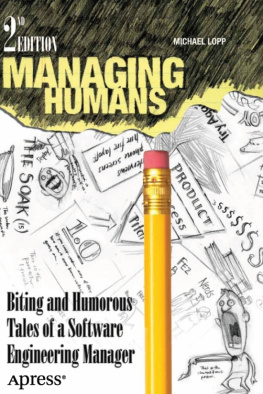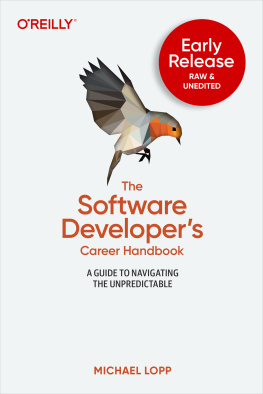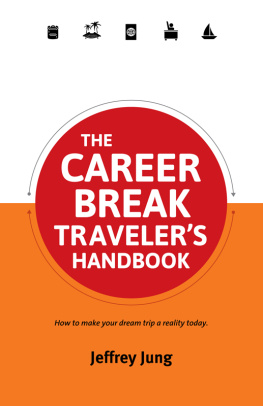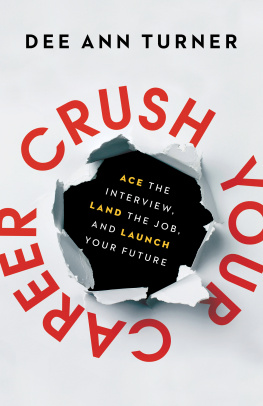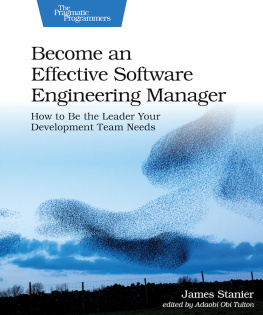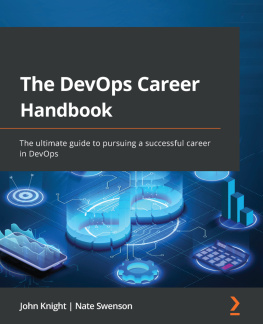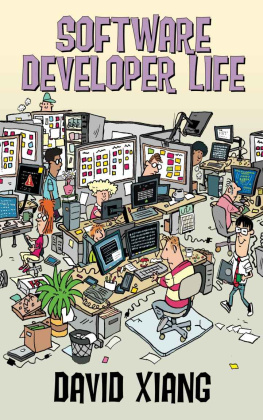Jane McGonigal, Director of Games Research and Development at the Institute for the Future
Preface
I'm a geek, and I might be a nerd, but I'm not a dork.
I've been at these definitions long enough to see them transformed from cruel words of judgment to badges of honor and labels of praise, but even with dramatically better PR and social standing, we're still a demographic saddled with debilitating social skills, strange control issues, and an insatiable appetite for information.
...and we don't even have a good definition for the labels we've given ourselves.
Some of the content for this book was first seen in the Rands in Repose weblog, and many years ago I made a snap decision about whether to embrace the word nerd or geek to describe my demographic. I was writing a lightweight article regarding attention deficiency disorder and I needed an acronym, because nothing dresses up an idea like a clever acronym.
The choices were Nerd Attention Deficiency Disorder (N.A.D.D.) or Geek Attention Deficiency Disorder (G.A.D.D.). While neither rolls of the tongue, N.A.D.D. struck me as slightly less terrible. This brief decision had lasting impact because, moving forward, I exclusively used nerd in my articles.
It is a defining characteristic of the nerd or geek to seek definition. This makes my off-the-cuff nerd naming choice an ongoing source of annoyance for me. What is the actual definition of the nerd? And the geek? And what about those dorks?
This annoyance became a full-blown inconvenience as I worked with my editor on this book that is now in your hands. As titles we debated, she came up with the elegant and precise Being Geek . Right. Right. Dammit. That's perfect. Problem is, I've never written about geeks. I'm a nerd. Or am I?
The origins of the word don't help. Geek originally described a circus performer who bit the heads off live animals. Nerd has a more honorable origin in its first documented appearance in Dr. Seuss's 1950 book If I Ran the Zoo , where the narrator claims he would collect "A Nerkle, a Nerd, and a Seersucker too."
Since then, the words have blended. There are clever Venn diagrams that describe the respective traits of nerds versus geeks. Some suggest the geeks are more obsessive than the nerds. Others call out the social ineptitude of the nerds, but for every definition you find, another can be found to contradict the previous definition.
So, it's a toss up.
The good news is the lack of a clear delineation between nerd and geek doesn't prevent us from tackling dork.
Dork is derogatory, there's no doubt about it, but it does have a place amongst the geek and nerd definition. The term geek can be added to any number of fields, many of which have little to do with technology. Movie geek, music geekthis describes a deep appreciation of a thing. My belief is that the term dork is used by geeks to position their geekery above another's geek field. For example, I'm a computer geek, but those movie geeks are dorks.
Make sense?
The point being, depending on where you're standing, we're all dorks.
As becoming comfortable with ambiguity is one of the goals of this book, perhaps it's a good opening to understand there really isn't a clear distinction between geek and nerd. While this book is called Being Geek , I'm likely to throw a few nerds in there for good measure.
A couple of other conventions to be aware of before we begin:
For much of this book, my prototypical geek is a he as a convenience. There are plenty of she geeks out there for which the observations of this book equally apply.
The narrator throughout this book is Rands. This is a pseudonym I've been using for over a decade. The comfortable anonymity of Rands provides a professional distance from the topics I cover. Similarly, just about every proper name and situation described in this book is fake. They've been deliberately constructed in order to tell a tale.
And that tale starts now.
How to Contact Us
Please address comments and questions concerning this book to the publisher:
| O'Reilly Media, Inc. |
| 1005 Gravenstein Highway North |
| Sebastopol, CA 95472 |
| 800-998-9938 (in the United States or Canada) |
| 707-829-0515 (international or local) |
| 707-829-0104 (fax) |
We have a web page for this book, where we list errata, examples, and any additional information. You can access this page at:
| http://oreilly.com/catalog/9780596155407 |
To comment or ask technical questions about this book, send email to:
For more information about our books, conferences, Resource Centers, and the O'Reilly Network, see our website at:


